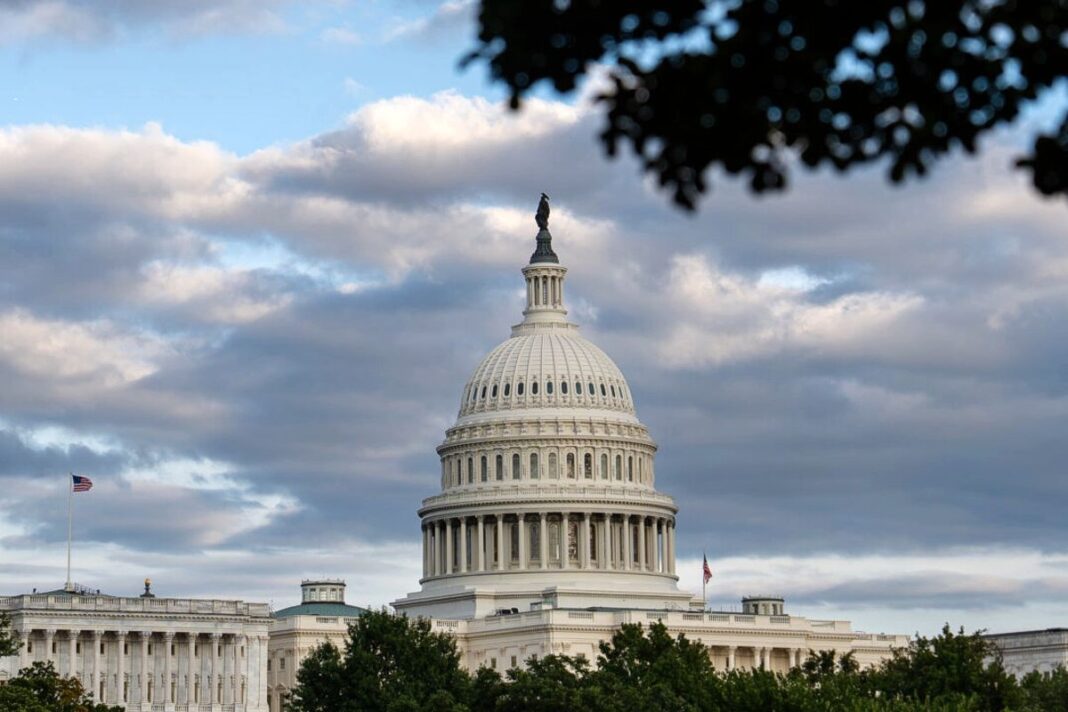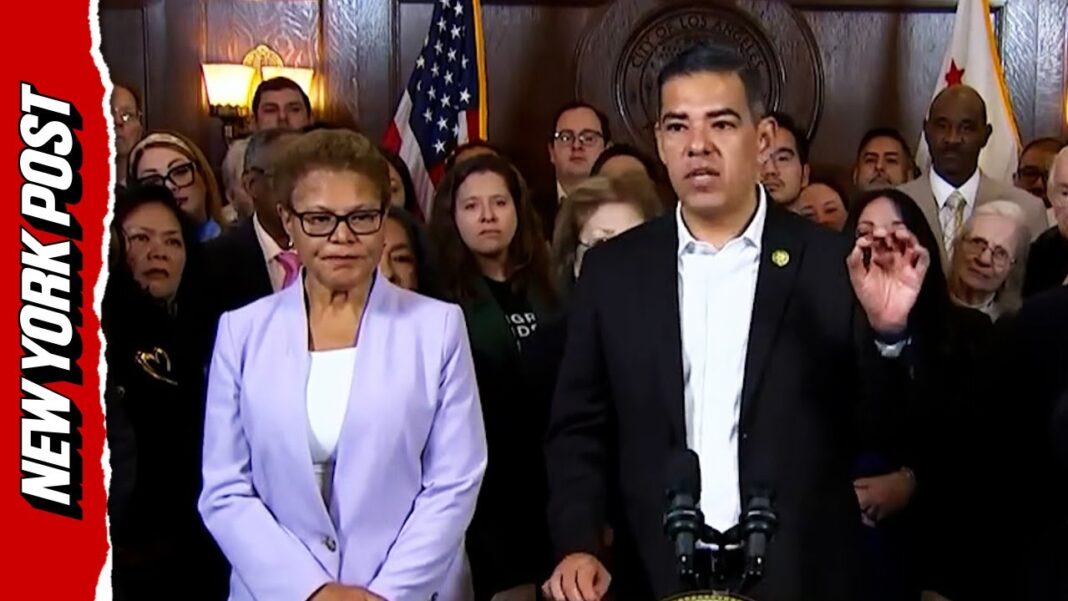The Senate could hold a vote on the bill, dubbed the ‘Shutdown Fairness Act,’ as the closure stretches into its fourth week.
WASHINGTON—As the federal government shutdown reaches its fourth week, lawmakers are preparing a vote on a bill to pay troops and some other federal employees who have continued to work through the shutdown.
Sen. Ron Johnson (R-Wis.) introduced the bill, dubbed the “Shutdown Fairness Act,” last week, amid the ongoing government funding standoff. Sen. Todd Young (R-Ind.) and other lawmakers have joined him in introducing it.
While Johnson said his measure offers “a permanent fix that will ensure excepted workers and our troops are paid during a shutdown,” many Democrats have voiced objections to the legislation, raising the prospect they will introduce an alternative.
Senate Majority Leader John Thune (R-S.D.) moved it forward on Oct. 21, teeing up a likely vote on Oct. 23.
The current lapse in federal funding, which began on Oct. 1, has now stretched into the second-longest in history.
Prolonging the shutdown is an impasse over whether to include health care provisions in a measure to temporarily fund and reopen the government. Congressional Republicans have preferred to pass what they term a “clean” continuing resolution, with no policy additions, to fund the government. Meanwhile, Democrats have sought to reinstate health care provisions, including enhanced Affordable Care Act tax subsidies, that are set to expire on Dec. 31 following the passage of the One Big Beautiful Bill Act this summer.
Thus far, the Senate has voted 11 times on a measure to reopen the government, without success and with few signs of progress toward a breakthrough. President Donald Trump on Oct. 21 said he would only agree to meet with Democratic congressional leaders after they agree on a resolution to reopen the government.
The Republican-led effort to fund troops and active federal workers comes after Trump ordered the Pentagon to use available funds to continue paying U.S. military personnel.
Johnson’s legislation would be retroactive, applying to workers as though it had been put in place on Sept. 30—the eve of the shutdown.
By Ryan Morgan and Nathan Worcester








